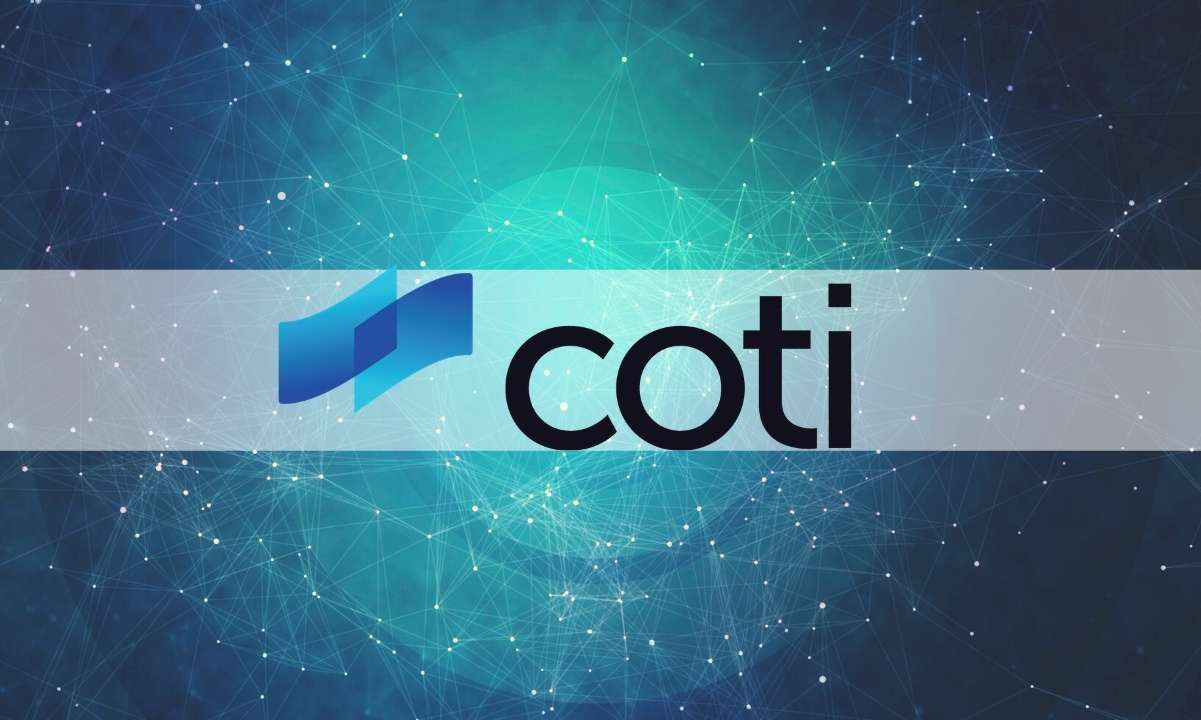CBDC: COTI Selected for Bank of Israel’s Digital Shekel Challenge
24.07.2024 22:00 1 min. read Alexander Stefanov
COTI, along with 14 other fintech firms, has been selected to participate in the Bank of Israel’s Digital Shekel Challenge, which aims to explore the feasibility of a central bank digital currency (CBDC).
This initiative, supported by PayPal Israel and Fireblocks, will start in August and require teams to present their proposals by late October.
The challenge is a key step toward potentially establishing a national digital currency. While the final decision from the Bank of Israel is pending, the project represents a significant move towards CBDC implementation.
COTI, known for its Layer 2 solutions on the Ethereum blockchain, is focusing on privacy and cybersecurity. Using garbled circuits technology, COTI aims to address privacy concerns associated with digital currencies. CEO Shahaf Bar-Geffen emphasized that strong privacy protections are crucial for the success of CBDCs.
As physical cash declines, CBDCs could enhance financial access for underserved populations. However, their implementation faces hurdles such as user verification and privacy issues. A successful CBDC may require integrating blockchain technology with existing financial systems.
The Digital Shekel Challenge will help the Bank of Israel understand how to effectively develop and integrate these components.
-
1
Fiserv to Launch FIUSD Stablecoin Across Its Massive Banking Network
23.06.2025 21:00 1 min. read -
2
Mastercard Integrates Chainlink to Power Direct Crypto Access for Cardholders
25.06.2025 18:00 1 min. read -
3
BIS Slams Stablecoins, Calls Them Ill-Suited for Modern Monetary Systems
26.06.2025 9:00 1 min. read -
4
Robinhood to Launch Tokenized Shares of OpenAI and SpaceX for European Users
01.07.2025 11:00 2 min. read -
5
Robinhood Expands Crypto Futures With XRP and Solana Micro Contracts
28.06.2025 13:00 2 min. read
Emirates to Integrate Crypto.com Pay in 2025: A New Era of Airline Payments
Emirates Airline has taken a bold step toward embracing digital finance by signing a Memorandum of Understanding (MoU) with leading cryptocurrency platform Crypto.com.
Volkswagen Taps Solana-Based Service for Real-Time Robotaxi Navigation
Volkswagen’s autonomous driving division, Volkswagen ADMT, has announced a data-sharing partnership with Bee Maps, a cutting-edge spatial intelligence service built on the Solana blockchain.
Dubai Approves First Tokenized Money Market Fund
The Dubai Financial Services Authority (DFSA) has given the green light to the QCD Money Market Fund (QCDT), making it the first officially approved tokenized money market fund within the Dubai International Financial Centre (DIFC).
Bitget Wallet Teams Up with Mastercard to Launch Crypto-Powered Payment Card
Bitget Wallet has entered a strategic partnership with Mastercard and Web3 payment provider Immersve to launch a new payment card that allows users to spend cryptocurrencies directly from their digital wallets.
-
1
Fiserv to Launch FIUSD Stablecoin Across Its Massive Banking Network
23.06.2025 21:00 1 min. read -
2
Mastercard Integrates Chainlink to Power Direct Crypto Access for Cardholders
25.06.2025 18:00 1 min. read -
3
BIS Slams Stablecoins, Calls Them Ill-Suited for Modern Monetary Systems
26.06.2025 9:00 1 min. read -
4
Robinhood to Launch Tokenized Shares of OpenAI and SpaceX for European Users
01.07.2025 11:00 2 min. read -
5
Robinhood Expands Crypto Futures With XRP and Solana Micro Contracts
28.06.2025 13:00 2 min. read


